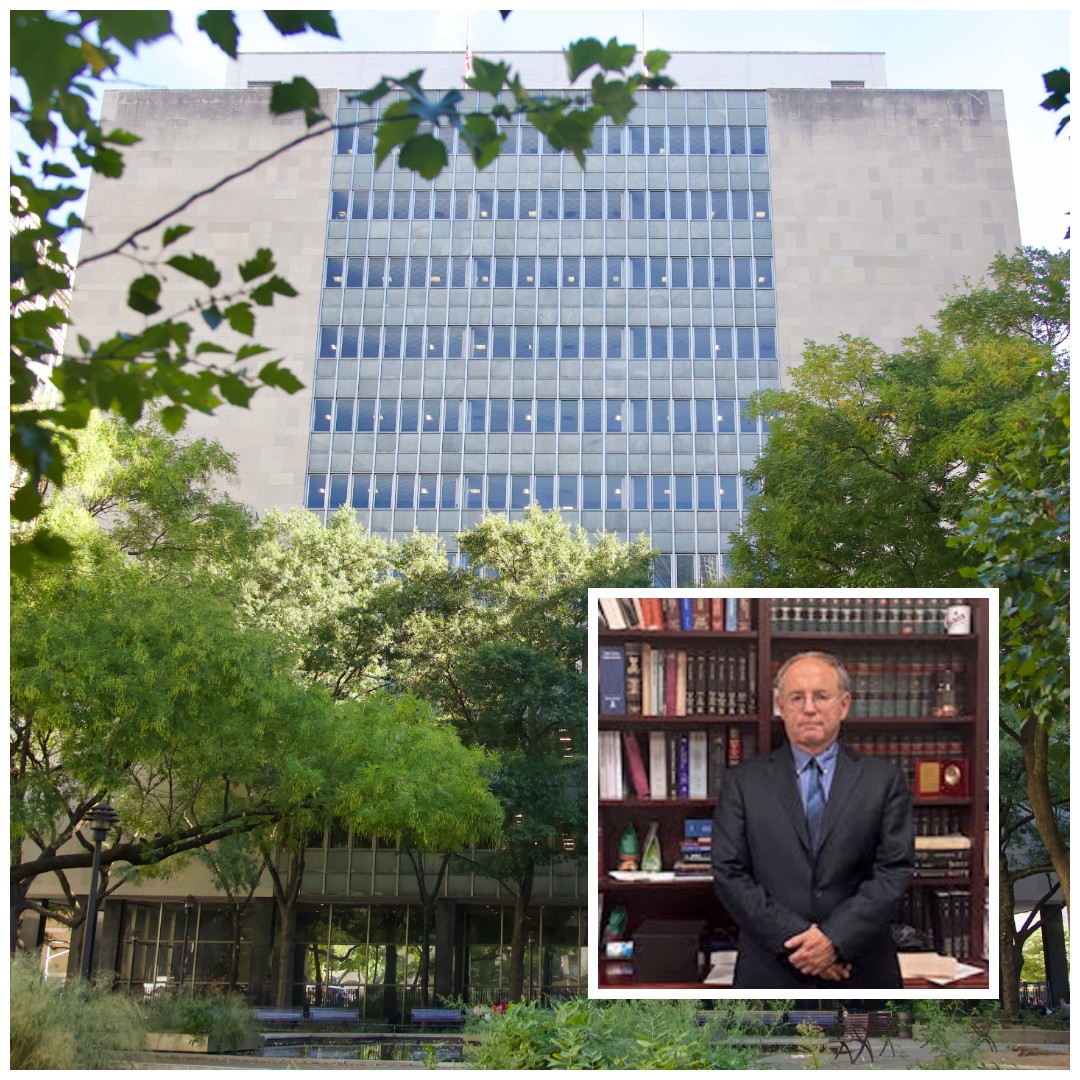Calling the state sex offender registry system “absurd,” Acting Manhattan Supreme Court Judge Daniel Conviser told a Delaware resident he’s legally required to return to New York for annual sex offender registry check-ins.
Royce Corley argued that he would pose no risk to the people of the Empire State if he were allowed to remain in his new place of residence as he would prefer to.
In his decision, Conviser described New York’s sex offenders registry process as “unreasonable and absurd,” but ultimately found that he was bound by judicial precedent to insist that out-of-state offenders return to New York each year and register as a sex offender — potentially for life.
Under New York’s Sex Offender Registration Act, sex offenders like Corley must physically check in with New York state every year to assess their likelihood to re-offend.
“In this court’s view … the result here is clearly contrary to the SORA statute and the statute’s purpose and if implemented in accordance with the law would lead to absurd results,” Conviser wrote.
In practice, the state has come to the same conclusion as Conviser.
To avoid the “unreasonable” results of subjecting out-of-state residents to annual SORA registration, Conviser found that the state has merely stopped enforcing the rules if the offenders continue to live in another state through an unofficial process the court dubbed “SORA Lite.”
For this reason, he decided Corley’s argument that subjecting him to SORA registration in New York as “onerous” is not valid because New York does not actually enforce SORA rules on out-of-state residents like Corley.
The problems with the case law, wrote Conviser, stem from the Appellate Division, First Department’s prior one-sentence ruling, which held that relocation to another jurisdiction does not relieve an offender of their SORA registration obligations.
Conviser hinted that the Court of Appeals could settle the issue if it were to take it up.
When SORA first came into law in 2002 it established a more expansive criminal standard for child pornography at the state level than the federal level. But in 2008, the federal statute around child pornography expanded to make it illegal to access such pornography through the internet with intent to view it, not just to possess it.
At that time the First Department ruled that the new federal standard was “substantially the same as” the state standard — a finding that Conviser strenuously disagreed with.
The judge said the Legislature’s clear purpose with SORA is to protect communities from sex offenders who live within their jurisdiction. Numerous provisions of the statute, such as those defining the “law enforcement agency having jurisdiction” and requiring community notification, become “absurd” for out-of-state residents.
“Requiring sex offenders who have no reason to come to New York to come here would obviously facilitate the opposite tendency,” Conviser wrote in his decision.
The state has a policy interest in requiring out-of-state residents to register, but only so it can track them if they want to move back to New York, Conviser said.
It was in researching the case that the judge realized this is effectively how the state chooses to enforce the SORA statute for out-of-state residents: A state official in charge of monitoring sex offenders told the court that they only enforce the annual registry part of the law if the offenders return to New York.
The problem, Conviser wrote, is that “the policy described here is flatly unlawful.”
A spokesperson for the state Division of Criminal Justice Services maintained that it continues to enforce SORA for individuals who relocate outside of the state by sending them an annual address verification form and coordinating with law enforcement in their state of residence to track their annual verification.
At the end of his decision Conviser said he must now schedule a SORA risk assessment for Corley, who was convicted for sex trafficking three minors and possessing child pornography.
“Obviously, if Mr. Corley does not come to New York (and there is no evidence he plans to) he would be under no risk to commit a contact sexual offense here…” Conviser wrote. “Were this court to not consider Mr. Corley’s residence, it might then determine him to be at a high risk to sexually offend subject to lifetime registration even if he never set foot in this state again.”






































